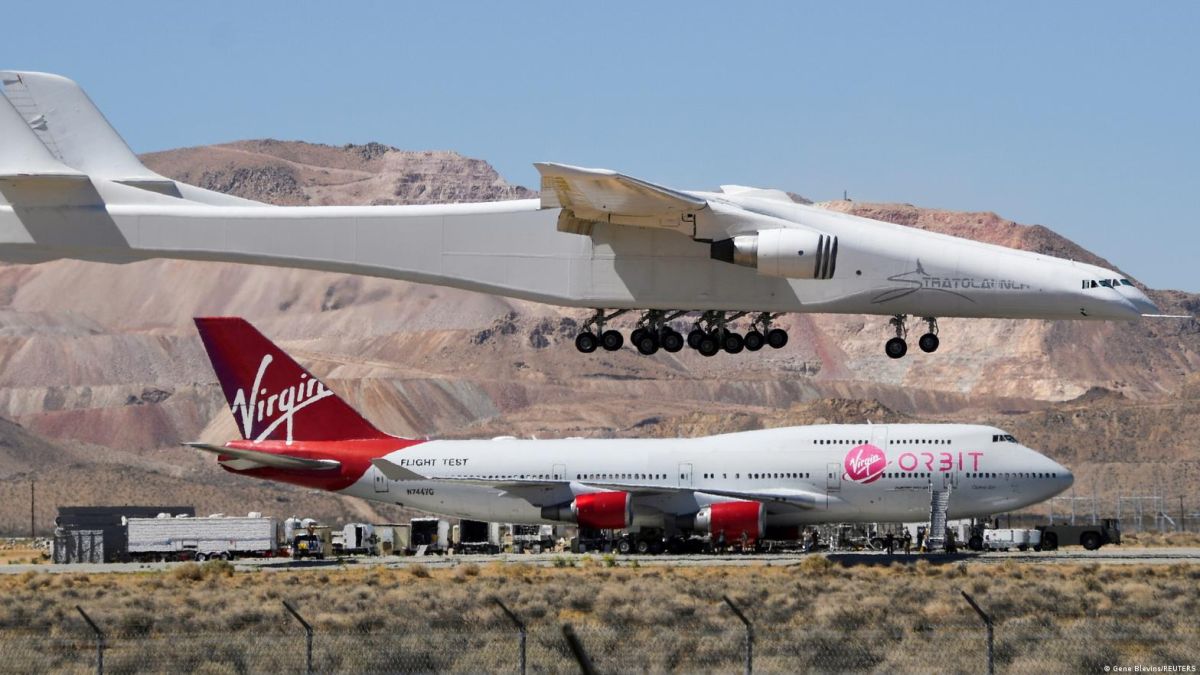Virgin Orbit, which designs rockets to launch small satellites, filed for bankruptcy under Chapter 11 of the US bankruptcy law and will be put up for sale, the company announced Tuesday. The measure comes after the company announced last week the dismissal of 675 employees, that is, 85 percent of the workforce of this subsidiary of the empire of British billionaire Richard Branson.
The California-based firm aspired to stand out in the space launch business, which is dominated by competitors like Elon Musk’s SpaceX.
“While we have made considerable efforts to improve our financial situation and obtain additional financing, we have to do what is best for the company,” Virgin Orbit president Dan Hart said in a statement.
Taking advantage of the protection of US bankruptcy law “represents the best way to identify and complete an effective sale and optimize the value of the company,” he added.
Launch failure crippled nine satellites
Its 21-meter rocket, launched from a Boeing 747 off the coast of Cornwall (United Kingdom), failed to reach its orbit in early January, causing the loss of the nine satellites it was carrying and precipitating the fall of Virgin Orbit.
Created by Richard Branson in 2017, the company aimed to offer “a new and innovative method of launching satellites” and succeeded in getting 33 into orbit, according to Dan Hart.
Projects of small launchers have appeared all over the world, but only one is still operational, that of New Zealand’s RocketLab. On Monday night, Virgin Orbit’s share on the New York Stock Exchange was down 3 percent at 19 cents.
Who funds Virgin Orbit?
Richard Branson’s Virgin Group owns 75 percent of the satellite launch business. Virgin Investments, a unit of the Virgin Group, has said it will provide $31.6 million (29 million euros) in fresh capital to help Virgin Orbit as it searches for a buyer. The Abu Dhabi fund Mubadala was the second largest investor in Virgin Orbit with a 17.9 percent stake.
The bankruptcy revealed that Virgin Orbit’s largest creditor is Arqit Ltd, a London-based quantum encryption company, with an investment of nearly $10 million (9.1 million euros). Its second largest creditor is the United States Space Force, which had a deposit of almost 6.8 million dollars (6.2 million euros) for future launches.
Edited by Enrique López, with information from afp and Reuters
